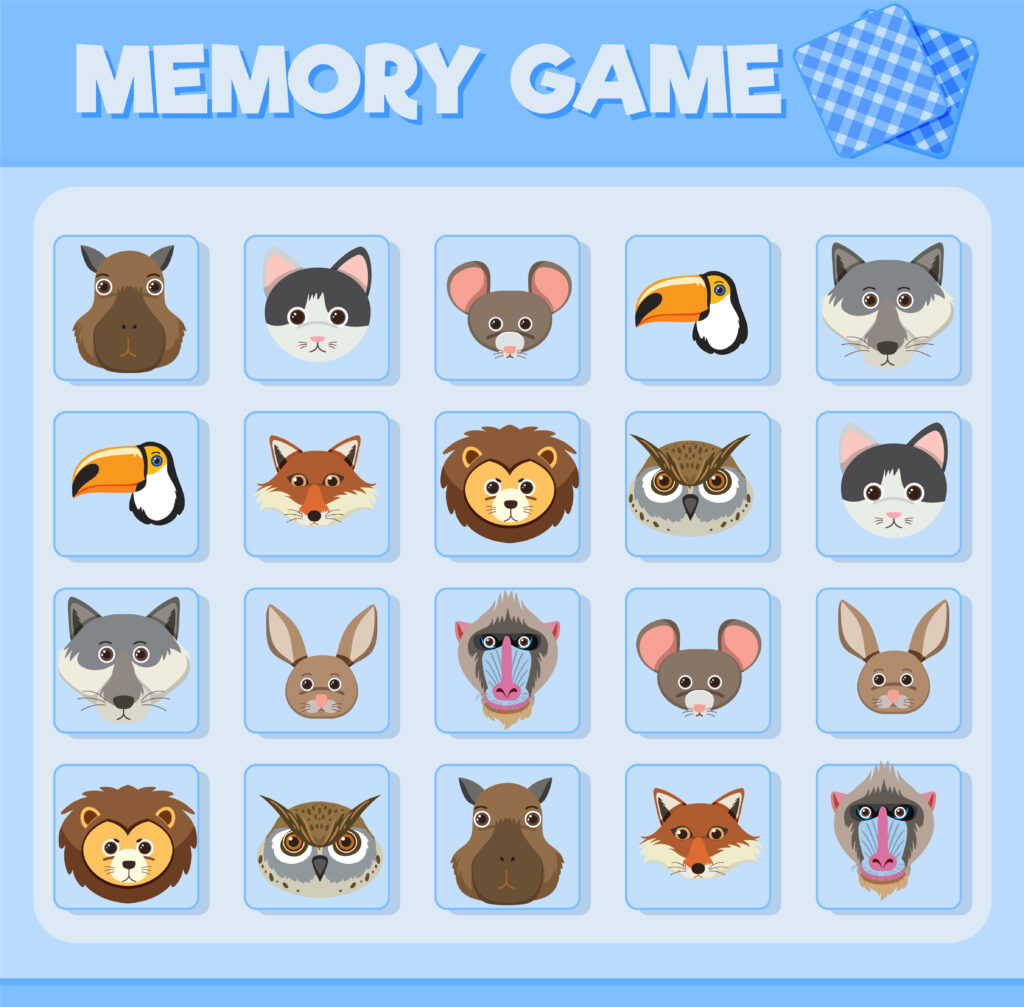Gaming is no longer just about entertainment—it has become a dynamic social platform where millions of people form friendships, collaborate, and build communities. Unlike traditional social networks, gaming offers interactive, real-time engagement that fosters deep connections. Studies show that over 65% of gamers play with others, whether in cooperative missions, competitive matches, or massive online worlds. These interactions often lead to long-term friendships, romantic relationships, and even professional networks.

This article explores the many ways gaming strengthens social bonds, from voice chat in multiplayer shooters to the tight-knit guilds in MMORPGs. We’ll examine the psychological benefits, the role of streaming communities, and how gaming helps people overcome social anxiety. Additionally, we’ll address common misconceptions and provide actionable tips for building meaningful relationships through gaming.
1. Multiplayer Games as Virtual Social Spaces
The Rise of Cooperative and Competitive Play
Multiplayer games have evolved into digital meeting places where players interact in real time. Games like Fortnite, Call of Duty: Warzone, and Valorant require teamwork, communication, and strategy, forcing players to engage with one another. Unlike passive social media scrolling, gaming demands active participation, which strengthens bonds.
- Cooperative Games: Titles like Destiny 2 and Deep Rock Galactic rely on players working together to complete objectives. This shared struggle creates camaraderie, as teammates celebrate victories and strategize after losses.
- Competitive Games: League of Legends, Dota 2, and Counter-Strike 2 pit teams against each other, fostering rivalry but also deep team loyalty. Many professional esports teams live and train together, forming friendships that last beyond the game.
Persistent Worlds and Long-Term Relationships
Massively multiplayer online role-playing games (MMORPGs) like World of Warcraft and Final Fantasy XIV allow players to inhabit expansive virtual worlds for years. These games encourage social structures such as:
- Guilds and Clans: Organized groups where players collaborate on raids, trade items, and socialize. Many guilds hold regular voice chat meetings, creating a sense of belonging.
- In-Game Economies and Trading: Games like EVE Online have complex player-driven markets, requiring negotiation and trust between traders.
- Player Housing and Social Hubs: Games like Animal Crossing: New Horizons and Final Fantasy XIV let players customize personal spaces and visit friends, mimicking real-life social visits.
Voice Chat, Emotes, and Non-Verbal Communication
Modern games offer multiple ways to interact:
- Voice Chat: Platforms like Discord integrate seamlessly with games, allowing friends to talk while playing. Many friendships start with casual banter during matches.
- Text Chat and Quick Commands: Even without voice, players communicate via text or preset commands (e.g., Apex Legends’ ping system).
- Emotes and Gestures: Games like Fortnite and Among Us use dances, gestures, and animations to express emotions, bridging language barriers.
Case Study: A 2023 study by the University of York found that 72% of gamers made at least one long-term friend through voice chat in multiplayer games, with many maintaining these friendships for years.
2. Online Gaming Communities Beyond the Game
Discord, Reddit, and Forum-Based Friendships
Gaming communities extend far beyond the game itself. Platforms like Discord, Reddit, and specialized forums allow players to discuss strategies, share memes, and organize events.
- Discord Servers: Many games have official or fan-run Discord hubs with thousands of members. These servers often include:
- LFG (Looking for Group) channels to find teammates
- Fan art and meme-sharing sections
- Off-topic chat rooms for general discussions
- Subreddits: Communities like r/Overwatch or r/Minecraft serve as gathering spots for news, debates, and user-generated content.
- Speedrunning and Challenge Communities: Sites like Speedrun.com bring together players attempting to beat games as fast as possible, fostering collaboration.
Real-Life Meetups and Conventions
Many online friendships transition into real-life connections:
- Gaming Conventions (PAX, E3, Gamescom): Fans meet their online friends at events, strengthening bonds.
- Local Esports Tournaments: Amateur Street Fighter or Super Smash Bros. tournaments create in-person social circles.
- Gaming Cafés and LAN Parties: Some groups organize offline meetups to play together in the same room.
Example: The Final Fantasy XIV fan community regularly holds real-world gatherings, from small meetups at bars to massive fan festivals where players cosplay as their in-game characters.
3. Psychological and Emotional Benefits of Social Gaming
Reducing Loneliness and Social Anxiety
For individuals who struggle with face-to-face interactions, gaming provides a low-pressure way to socialize:
- Controlled Social Exposure: Unlike real-life conversations, gamers can pause, mute, or leave interactions if they feel overwhelmed.
- Anonymous Interaction: Players who are shy or self-conscious can express themselves more freely behind an avatar.
- Structured Socializing: Games with clear objectives (e.g., Among Us discussions) give anxious players a framework for interaction.
A 2022 study in Cyberpsychology, Behavior, and Social Networking found that social gaming significantly reduces symptoms of depression and loneliness, especially among teens and young adults.
Teamwork, Leadership, and Conflict Resolution
Competitive and cooperative games teach valuable social skills:
- Communication: Games like Rainbow Six Siege require precise callouts and teamwork.
- Leadership: Guild leaders in MMORPGs manage dozens of players, delegating roles and resolving disputes.
- Conflict Resolution: Toxic teammates are inevitable, but learning to handle them builds emotional resilience.
Real-World Impact: Many corporate training programs now use multiplayer games to teach teamwork and problem-solving.

